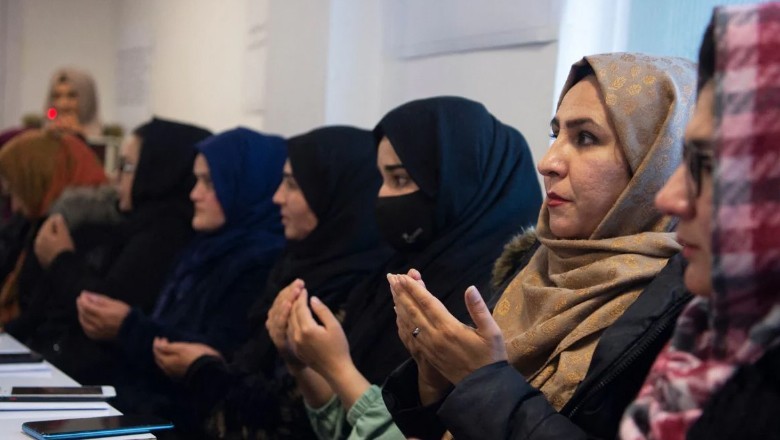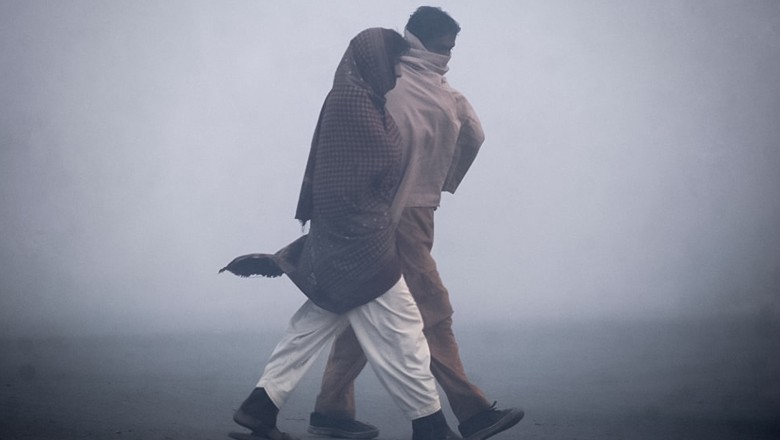New bizarre rule bars Afghan women from “hearing each other” while praying or reciting Quran

Web Desk
|
31 Oct 2024
In the latest wave of restrictive measures, Afghan women are now barred from hearing each other while praying or reciting the Quran in both public and private spaces. According to human rights organisations, the move could lead to a complete ban on women even speaking to one another.
The Taliban administration had already imposed a ban in August on women speaking, reading, or singing aloud in public spaces; now, these restrictions have extended into private settings.
Afghan media reported that the Taliban's Minister for the Promotion of Virtue and Prevention of Vice, Mohammad Khalid Hanafi, enforced the new law, which prevents women from reciting the Quran aloud.
“When women are not permitted to call takbir or athan [Islamic call to prayer], they certainly cannot sing songs or music,” Hanafi was quoted as saying.
He maintained that a woman’s voice is considered awrah (something to be concealed) in Islam, meaning it should not be heard, even by other women.
“Even when an adult female prays and another female passes by, she must not pray loudly enough for them to hear ... How could they be allowed to sing if they aren’t even permitted to hear [each other’s] voices while praying, let alone for anything else?” he remarked.
Women in Afghanistan face numerous regressive restrictions, including a ban on education above the sixth grade. They are also prohibited from traveling without a male guardian, attending universities, or participating in sports.
fghan women are also restricted from working outside, except in the healthcare sector and primary education under Sharia-based laws. Female health workers are not allowed to speak with the male relatives of patients.
Many Afghan women have expressed anger at this new restriction on their voices, sharing videos of themselves reciting poetry or singing songs on social media.
International human rights activists and organisations have reacted strongly to this latest restriction, fearing it could lead to a complete ban on women conversing with each other.
Afghan American scholar Dr Halima Kazem criticised the ban, stating, “At what point will the world be outraged by this misogyny?”
“How will the Taliban enforce this? Will vice and virtue police enter private homes at any time? Will husbands and sons be trained to enforce these rules?” she posted on X.
x.com
Amnesty International also condemned the Taliban’s actions, commenting, “This additional restriction comes as women and girls in Afghanistan face increasingly draconian attacks on their rights that affect all areas of their lives.”












Comments
0 comment